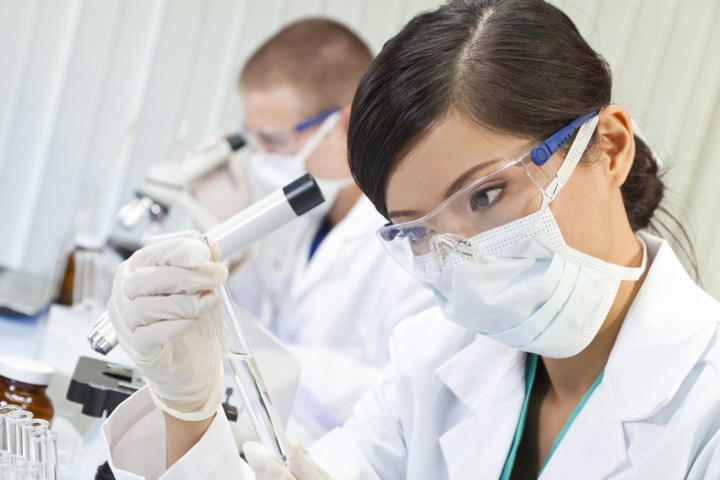
To be sure, the International Space Station (ISS) already has a Water Recovery System composed of two refrigerator-sized systems that distill and filter sweat and urine into drinking water. Prior to these systems, ISS crew members needed to have water shipped to them aboard cargo rockets. When the systems were first put in place in 2008, they were capable of producing about 6,000 pounds of drinkable water each year, decreasing the amount of water needing to be shipped by 65 percent. But the eight-year-old system, which functions at 93-percent efficiency, has room for improvement.
Through the new contract, NASA has challenged Paragon to achieve a 94-percent recovery of water from urine. This is a slight but significant increase. Every drop counts in space, where resupply missions are expensive.
Paragon Space Development’s Brine Processor Assembly (BPA) will focus particularly on the brine left over from the current water recovery system. As it’s set to launch in 2018, the company has a couple years to develop their BPA before it undergoes test demonstrations on ISS. The company first created the technology with the support of the Small Business Innovation Research (SBIR) and had their method selected by a peer-reviewed panel in 2014.
Without recycling, the future of space exploration would look bleak. By recovering matter already on board and building objects as needed, astronauts can lighten their load, carry only what’s absolutely necessary, and cut costs. These methods will be vital in the nearly three-year trip to and from Mars and in longer expeditions within the solar system and perhaps beyond.

